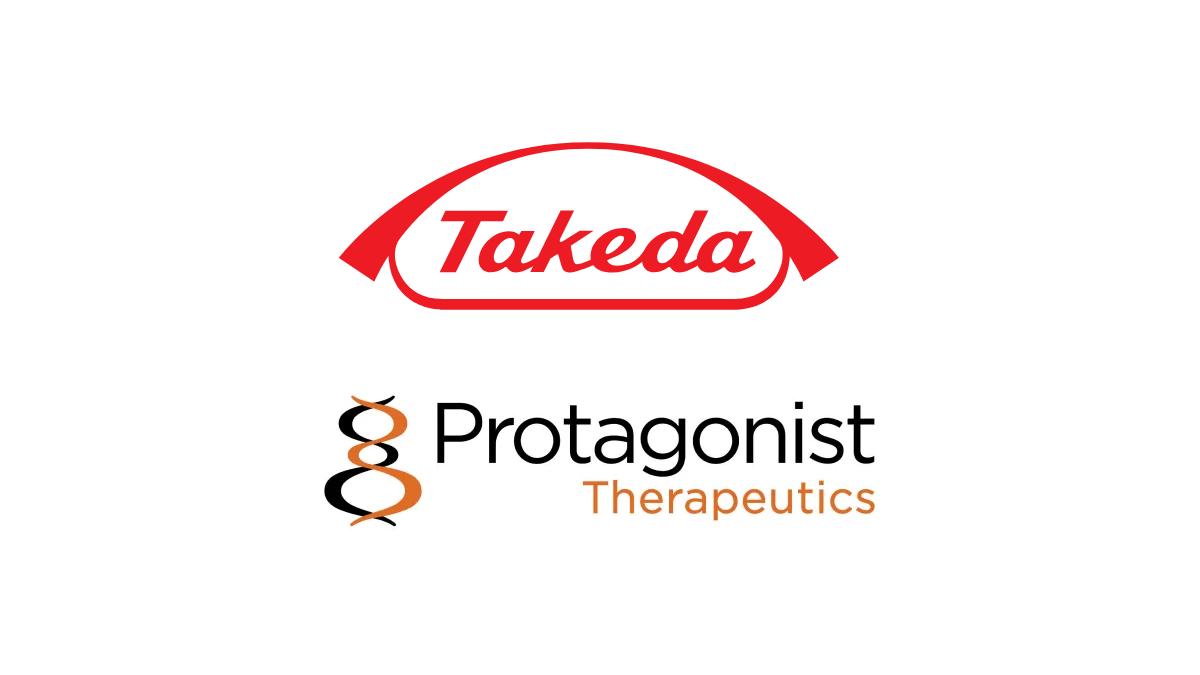Takeda scores with polycythemia vera drug in phase 3 trial

Takeda's $300 million wager on Protagonist Therapeutics' rusfertide for rare blood cancer polycythaemia vera (PV) appears to have paid off.
The first phase 3 trial of the injectable hepcidin mimetic, called VERIFY, has met all its primary and secondary objectives, setting up possible regulatory filings in the latter half of this year. Takeda licensed the drug from California-based Protagonist last year in a deal that could be worth up to $1.675 billion.
People with PV suffer from an overproduction of red blood cells, which leads to a thickening of the blood and an increased risk of blood clots that can cause serious cardiovascular problems, such as stroke and heart attack, resulting in increased morbidity and mortality.
The cancer affects around 150,000 people in the US alone and a similar number in Europe, with the primary treatment phlebotomy – removing excess blood periodically until blood counts are normalised. It has a median survival of around 14 years, with patients also at risk of secondary tumours, including skin tumours.
In the VERIFY study, a once-weekly, self-administered dose of subcutaneous rusfertide was associated with a clinical response in 77% of patients who were dependent on phlebotomy, compared to 33% of a matched placebo arm, during weeks 20 to 32. A response was defined as no need for a phlebotomy procedure during that time frame.
A secondary endpoint designed to meet EU requirements for approval – the number of phlebotomies per patient in the baseline to 32 weeks period – was also met with an average of 0.5 phlebotomies per patient in the rusfertide arm compared to 1.8 in the placebo arm, according to Takeda.
Meanwhile, in a clean sweep of positive efficacy readouts, rusfertide also showed significant improvements in haematocrit control (percentage of red cells in blood) and patient-reported outcomes compared to placebo, with a fairly clean safety profile.
There was no evidence of cancer, said Takeda, which is an important finding as rusfertide was previously placed on clinical hold by the FDA after benign and malignant skin tumours were observed in animal models. Protagonist has also completed a two-year rat carcinogenicity study at the request of the FDA, which is due to be filed shortly.
Under the terms of the Takeda agreement, Protagonist is responsible for the phase 3 programme and regulatory filing in the US, while the Japanese drugmaker takes on all regulatory and commercial activities outside the US.
Protagonist has the option of co-marketing the drug in the US – in which case it is in line for up to $330 million in milestones – but if it chooses not to is in line for another $400 million in opt-out fees and $975 million in milestones.
It has been predicted that sales of rusfertide could reach $1 billion to $2 billion at its peak.











